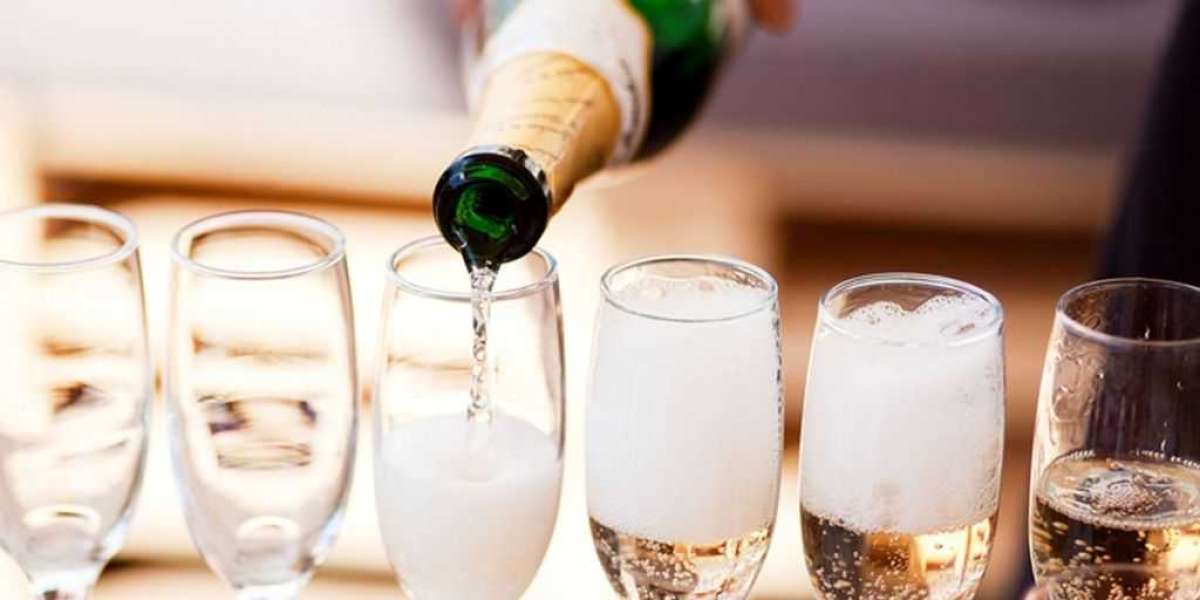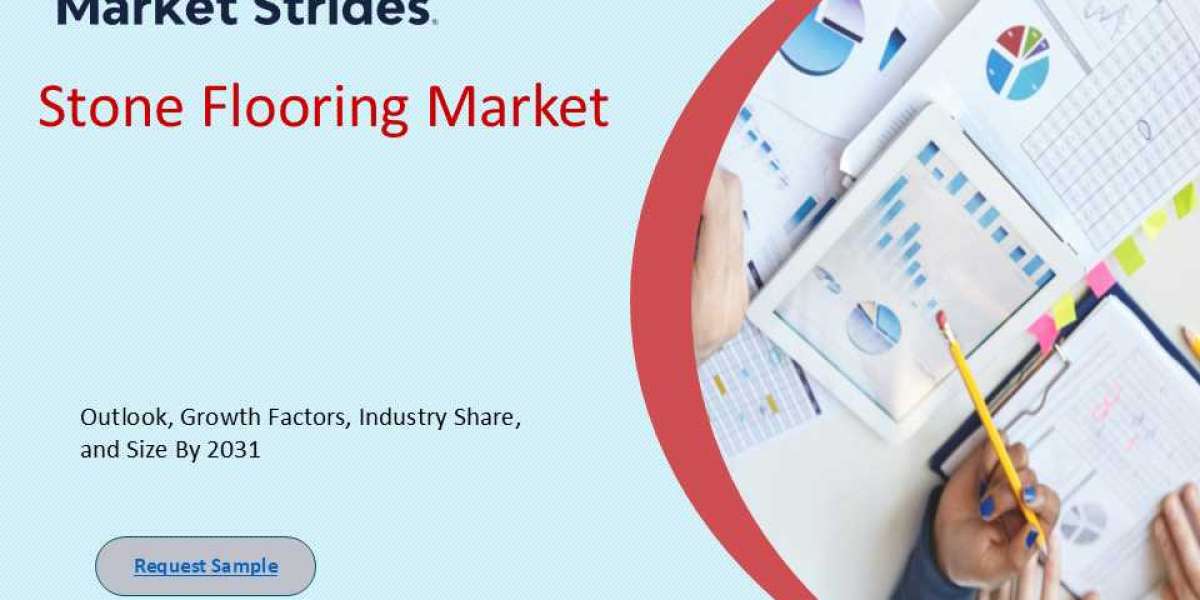Alcohol has been a staple of celebrations and social gatherings. Whether it’s raising a glass at a wedding, toasting to the New Year, or enjoying a casual brunch with friends, champagne and sparkling wines have long been the drink of choice to mark special occasions.
However, as society evolves and more people opt to reduce or eliminate alcohol from their lives, a growing demand for non-alcoholic alternatives has emerged. Non-alcoholic champagne, in particular, has quickly become a popular choice for those who wish to enjoy the festive bubbles and celebratory atmosphere of traditional champagne without the effects of alcohol.
What is Non-Alcoholic Champagne?
Non-alcoholic champagne, also known as alcohol-free sparkling wine, is essentially a sparkling wine made from grapes, much like regular champagne, but with the alcohol removed. The production process typically follows the same steps as traditional champagne but after fermentation.
The alcohol is either removed or reduced to a negligible level through methods like vacuum distillation, reverse osmosis, or dealcoholization. The result is a drink that retains the fruity, floral, and crisp characteristics of champagne but without the intoxicating effects of alcohol.
For non-drinkers, those reducing their alcohol intake, or people who simply want a fun alternative during special occasions, non-alcoholic champagne is the perfect option. With a similar flavor profile to traditional champagne, it allows individuals to take part in the rituals and celebrations of toasting and clinking glasses, without consuming alcohol.
The Rise of Mindful Drinking
A major factor contributing to the rise of champagne is the global shift toward “mindful drinking.” This movement encourages individuals to be more conscious about their alcohol consumption, allowing them to enjoy the social aspects of drinking without overindulgence.
Whether driven by a desire to improve health, reduce hangovers, maintain clarity, or simply embrace a more balanced lifestyle, more people are choosing to opt for alcohol-free alternatives when they celebrate.
The desire for a more mindful and moderate drinking culture is growing in response to concerns about the negative effects of alcohol on both physical and mental health. Champagne fits seamlessly into this trend, offering a celebratory, high-end alternative that aligns with the values of moderation, wellness, and self-care. Non-drinkers or those avoiding alcohol for personal or health reasons can still participate in the act of toasting without the potential downsides of alcohol consumption.
Health and Wellness Benefits
The health and wellness benefits of champagne are another reason for its popularity. With an increased focus on healthy living, many people are looking for ways to enjoy social gatherings and celebrations without the adverse effects that can come with drinking alcohol. Alcohol-free champagne offers several benefits, including:
- Fewer Calories: Traditional champagne can be high in calories due to its sugar content. Non-alcoholic wines, in contrast, often has fewer calories, making it a healthier choice for those who are conscious of their diet.
- Improved Sleep: Alcohol is known to interfere with sleep patterns, and many people opt for non-alcoholic drinks to avoid this issue while still partaking in celebratory events.
- Reduced Risk of Hangovers: One of the biggest deterrents for many people when it comes to drinking alcohol is the risk of a hangover. Champagne eliminates this concern, allowing individuals to enjoy the party without fear of feeling unwell the next day.
- No Impaired Judgment: champagne allows individuals to celebrate responsibly, without the potential for impaired decision-making, which can sometimes occur with alcohol.
By choosing champagne, consumers can enjoy the social experience of drinking without the physical or mental drawbacks associated with alcohol.
A Sophisticated Option for All
One of the main reasons champagne has gained traction is because it still embodies a sense of sophistication and elegance. It’s no longer a novelty or an afterthought; non-alcoholic sparkling wines are crafted with the same attention to detail and care as traditional champagnes, offering high-quality flavors and a refined experience. Brands that produce champagne use premium grapes, and many undergo a careful process to ensure that the flavors and textures resemble those found in alcoholic champagne.
Whether it's the crisp bubbles, the dry finish, or the complex flavors that remind you of fresh fruits, floral notes, or subtle hints of vanilla and brioche, non-alcoholic whiskey can provide an equally sophisticated experience as its alcoholic counterpart. As such, it’s the perfect choice for non-drinkers who still want to feel included in high-end celebrations or gatherings. The growing availability of champagne means that more people have access to a quality, premium product without having to sacrifice taste or style.
Inclusivity and Social Acceptance
As society becomes more inclusive, non-alcoholic champagne has become a symbol of a more inclusive drinking culture. For many individuals who avoid alcohol for personal, health, or religious reasons, traditional champagne may not be an option, especially during major events like weddings, holidays, or special milestones. Champagne ensures that everyone can participate in the joy and fun of a celebratory toast, regardless of their personal choices regarding alcohol consumption.
Expecting mothers, those who are driving, individuals on medication, and people in recovery from alcohol addiction can all enjoy the same celebratory rituals and communal moments that come with toasting a glass without feeling excluded. Champagne provides a way for everyone to join in on the festivities without needing to compromise their values or well-being.
Conclusion
Non-alcoholic champagne is the perfect drink for non-drinkers, offering a sophisticated and inclusive alternative to traditional champagne. Whether you’re choosing to reduce your alcohol intake, are pregnant, or simply prefer not to drink alcohol, champagne allows you to still partake in the tradition of celebrating with bubbles and joy. With its refined taste, health benefits, and ability to include everyone in the festivities, it’s no surprise that champagne is becoming an essential part of modern celebrations.














